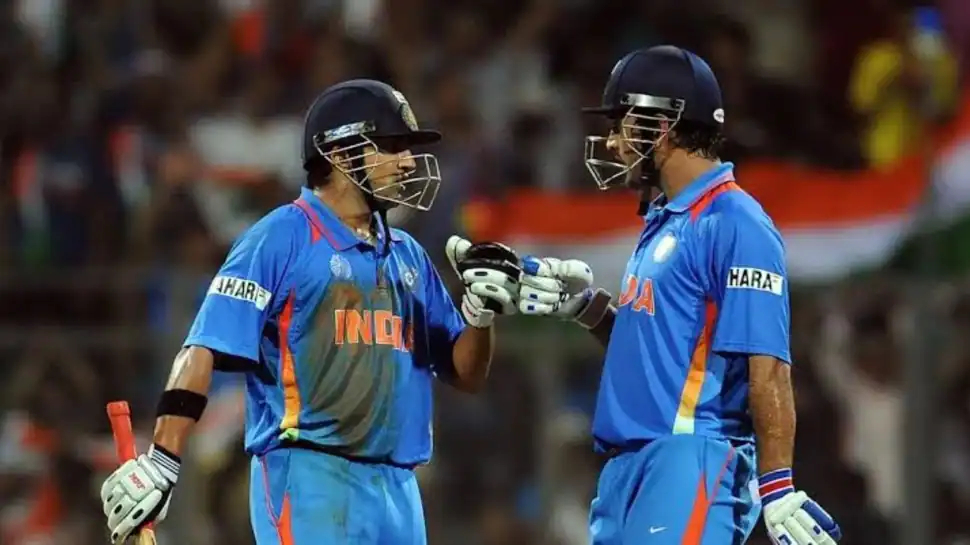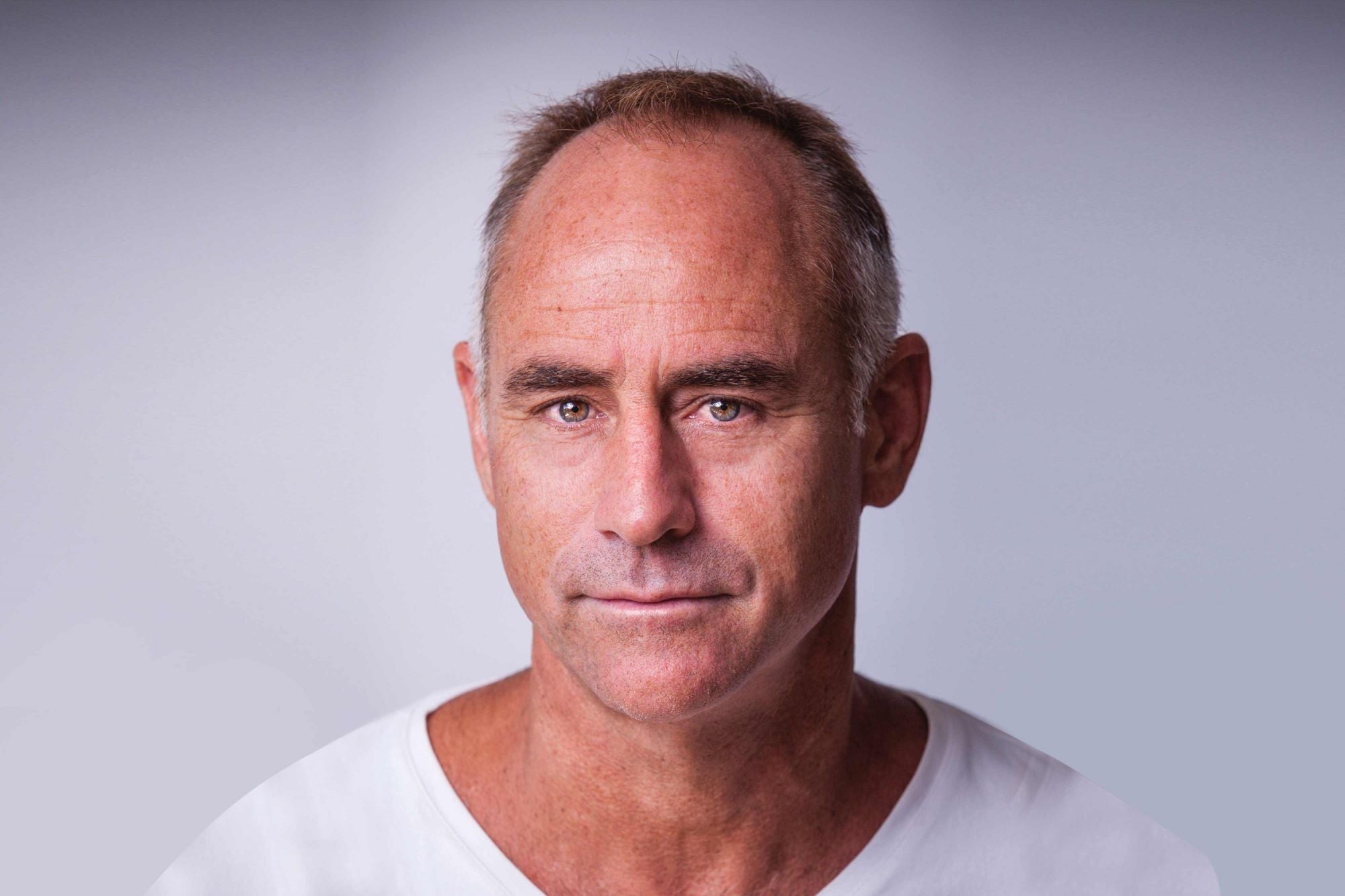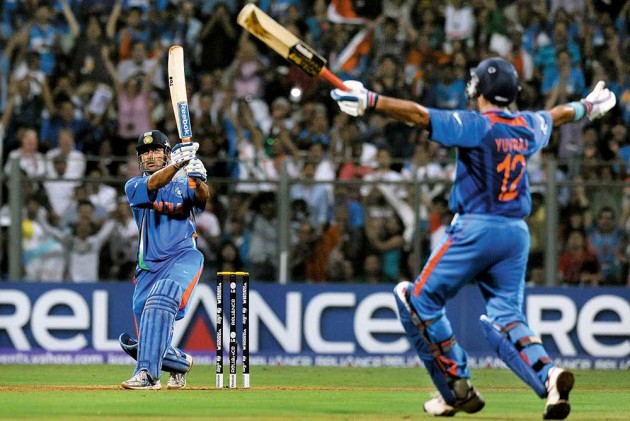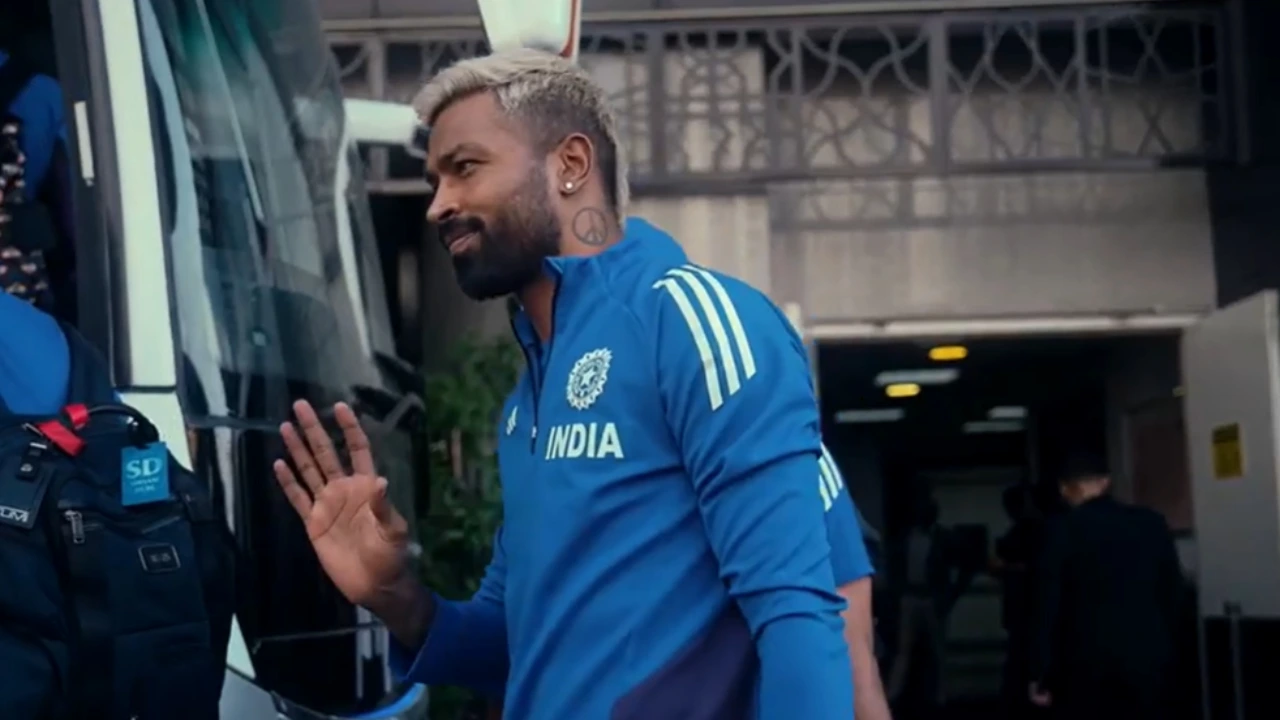"MS Dhoni Is One Of Those Actual Big High-Pressure Players, Yuvraj Singh Isn't," Says Paddy Upton Recalling The 2011 ODI World Cup Final
Published - 06 Apr 2022, 05:40 PM | Updated - 23 Aug 2024, 01:06 AM

Paddy Upton, India’s 2011 World Cup mental fitness coach, says that promoting Dhoni instead of Yuvraj in the final was the correct decision. Dhoni is among the few players in the world, as per Upton, who is designed for “big high” circumstances.
MS Dhoni’s move to put himself before Yuvraj Singh in the 2011 World Cup final against Sri Lanka at the Wankhede Stadium in Mumbai remained among the most daring, instinctual, and chatted moves in the famous wicketkeeper-long batter’s career.

Paddy Upton, India’s World Cup mental conditioning coach, says that the decision was correct. Dhoni is one of the few players in the world, as per Upton, who is built for “Big high-pressure” scenarios.
MS Dhoni had failed to deliver in the eight games leading up to the final: Upton
“…He (MS Dhoni) would do what he does best, which is leading a side to victory in a white-ball chase in the second innings. In the eight games leading up to the final, he had not produced. Yuvraj had played his tournament and done his part. He’d had enough, and he’d expended all of his energy.”

“Someone like Dhoni had been waiting for that time. There are only a few really “giant high-pressure” players in the world. Dhoni is one among them, but Yuvraj Singh is not.” According to Upton
When MS Dhoni joined Gautam Gambhir in the middle, India was still under pressure at 114/3. The 109-run partnership between the two experienced players changed the game in India’s favor.
Gambhir was dismissed for 97 runs, but Dhoni stayed unbeaten on 91, and Yuvraj, who came in to bat at number 6, struck a good 21* off 24 balls as India chased down the 275-run mark with six wickets in hand to win the World Cup for the first time in 28 years.
About the Author

This author is a member of Cricketaddictor who writes news and analysis related to cricket.












